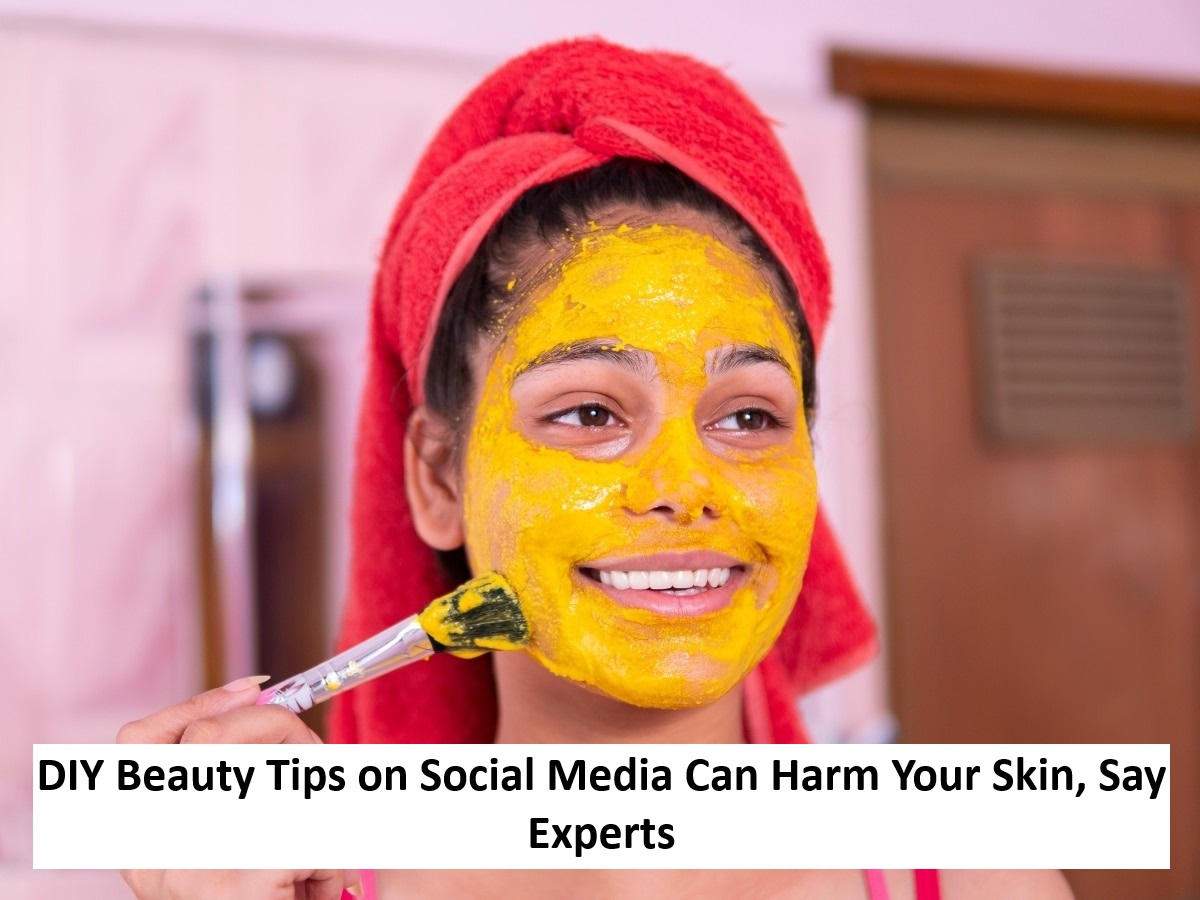
Social media platforms, particularly Instagram, are flooded with DIY beauty reels and videos showcasing face masks made with common household ingredients like aloe vera, turmeric, lemon, and even toothpaste. Although these tips appear convenient and cost-effective, skin experts caution that they can be harmful if used without proper understanding of skin types and conditions.
Why Some Home Remedies Are Risky
Many of these home-based treatments involve ingredients that are acidic or overly exfoliating. Substances like lemon juice, baking soda, turmeric, gram flour, and toothpaste can strip the skin of its natural oil barrier, leading to dryness, irritation, and increased sensitivity. Despite their natural label, these remedies may cause more harm than good.
Expert Opinion on Common Ingredients
Dr. Neha Bhatia, a dermatologist, warns that harsh substances like baking soda and lemon disrupt the skin’s pH balance. This imbalance can lead to rashes, allergies, and hyperpigmentation. Some natural ingredients used in DIY packs also react under UV light, potentially damaging the skin further when exposed to sunlight.
One Size Does Not Fit All in Skincare
DIY beauty advice often lacks scientific validation or professional guidance. Ingredients like rice or lentils may work well for some but can cause adverse reactions in people with sensitive skin. Additionally, toothpaste, which contains fluoride and menthol, can burn or damage facial skin when misused.
Dos and Don’ts for Safe Skincare Practices
Always perform a patch test before trying any DIY remedy.
Avoid using harsh ingredients like lemon, baking soda, and toothpaste on your skin.
Consult a dermatologist for personalized skincare advice instead of relying solely on online tips.
Use natural ingredients cautiously and in limited quantities to prevent skin damage.
Read More: ENT Specialist Reveals Effective Home Remedies to Cure Choked Throat and Hoarse Voice

 Share
Share



